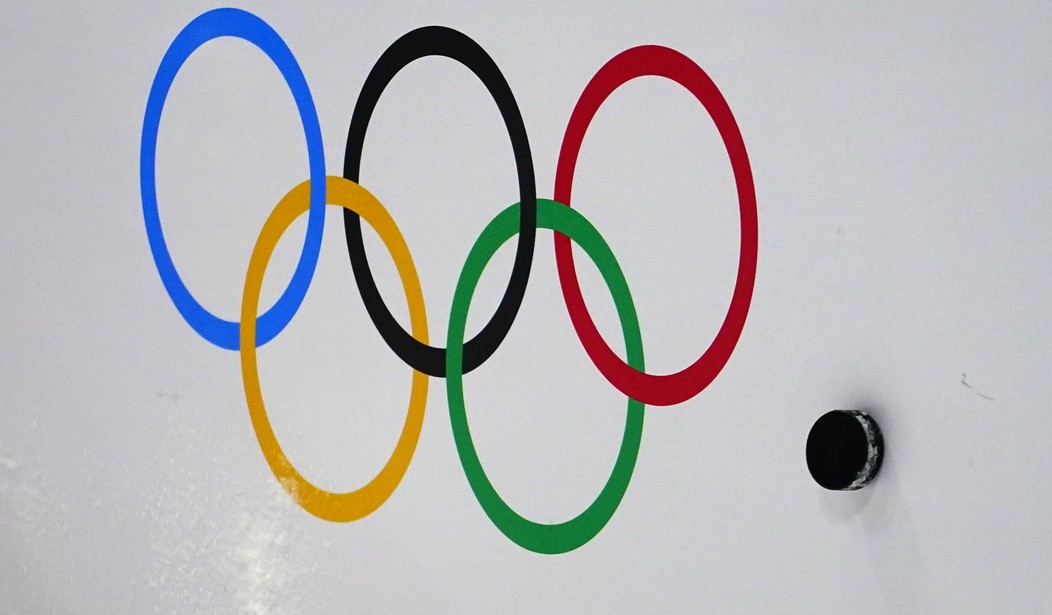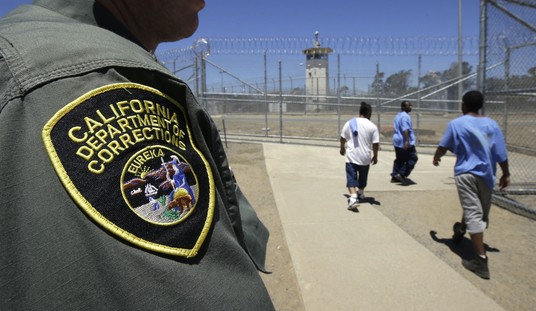The Chinese government chose Dinigeer Yilamujiang, a Uyghur skier to carry the Olympic flame during the opening ceremony. It was, indeed, an in-your-face moment to those opposed to China’s genocide of the Uyghurs. She carried the torch hand in hand with Zhao Jiawen, a Chinese athlete in the Nordic combined. The message was that everything is fine, there is no exclusion of Uyghurs from Chinese society. Typically, a more accomplished or better-known athlete would have been chosen to carry the torch.
Xi Jinping and Vladimir Putin smiled and watched from the VIP booth at the Beijing National Stadium. I watched some of the opening ceremonies, tuning in just before the U.S. delegation entered. It is hard to watch the athletic competitions and not feel some disgust that the IOC and international corporations are so corrupt that something like the genocide of a minority of citizens in a country, like China, is not taken into consideration when the host country is selected. Chinese film director Zhang Yimou was the opening ceremony maestro and he had promised it would be “a bold and unprecedented way of lighting the Olympic flame.” Mission accomplished.
The 2022 Beijing Olympics have been dubbed the Genocide Olympics. China’s intention is to whitewash any human rights criticisms. Frankly, the opening ceremonies on Friday were rather depressing. While the Chinese were making a big deal about the snowflake designs, it was unavoidable to notice that there was little electricity coming from those in attendance because there wasn’t the usual packed stadium. It was sad to watch the families of American athletes reacting to their kids and grandkids marching into the stadium in Beijing from the confines of their living rooms instead of being in the stadium themselves, cheering them on. That has to take a toll on the athletes and their families. Imagine supporting your child for years as he or she trains to compete in the Olympics and the Chinese government denies you a seat in the stadium as the Games begin.
Dinigeer Yilamujiang gave the slip to the global press on Saturday. The 20-year-old cross-country skier from Xinjiang, the center of the genocide, delivered what is described as a lackluster finish during her Olympic debut. She was barely written about by the Chinese press. This was the first time she had competed as an Olympic athlete. In the course of 18 hours, Ms. Yilamujiang went from her debut as a rising star to finishing 42 out of 65 competitors in her first event.
It didn’t go particularly well. By the first checkpoint of Saturday’s race, Ms. Yilamujiang had fallen behind more than half of the field of 65 competitors, eventually finishing 42 places behind the eventual gold medalist, Norway’s Therese Johaug.
Afterward, Ms. Yilamujiang and the three other Chinese athletes competing in the event slipped away, leaving more than a dozen Chinese and foreign journalists waiting for more than an hour in frigid temperatures.
Did she “escape” from the global press to avoid being asked awkward questions about the genocide and human rights violations by the Chinese? Is she concerned for her personal safety or that of her family? She is one of six athletes from her region competing in the Winter Games, and the only one of Uyghur heritage. All of the Chinese athletes ditched the press which seems unusual since her presence was hailed as a show of unity. It seems like from a public relations angle, the Chinese athletes could have put on a united front for the press, thus minimalizing the allegations against the brutal dictatorship that is killing Uyghers.
Ms. Yilamujiang’s escape, if that’s what it was, appeared to be in contravention of International Olympic Committee rules that require all athletes to pass through a “mixed zone” where they can—but aren’t obliged to—answer journalists’ questions.
The IOC confirmed in an emailed response to questions that mixed-zone rules remain in place despite the pandemic, but it declined to comment on Ms. Yilamujiang’s no-show. Ms. Yilamujiang couldn’t be reached for comment through China’s National Olympic Committee, which didn’t reply to requests for comment.
That’s the problem. The Chinese government is secretive, especially in its brutality against its own people. China’s state-run media published videos on social media of Ms. Yilamujiang’s family who were “beaming with pride.”
“China has done everything it can for me, and what is left for me to do now is to train hard and bring glory to the country,” Ms. Yilamujiang was quoted as saying in an article published by the Communist Party-run Xinjiang Daily. The article also highlighted her personal story, as a teenage talent groomed by her father—himself a decorated skier and national cross-country ski coach.
In a separate video posted by the newspaper, Ms. Yilamujiang’s mother praised Beijing: “Thanks to the country for giving my daughter such an important mission.”
Yilamujiang has been silent on her ethnic identity, likely for obvious reasons. Adake Ahenaer, a speedskater from Xinjiang, also making her Olympic debut, has not been silent. She is a member of a different ethnic minority,
“As an ethnic minority fighting in our home court, to represent my country and represent my ethnic group, gave me honor,” Ms. Adake told reporters after competing in the women’s 3,000-meter speedskating event on Saturday, where she came in 17th. “This honor is indescribable.”
The 22-year-old Ms. Adake, a member of China’s Kazakh minority, another of the country’s 56 officially recognized indigenous groups, said she got emotional seeing her close friend Ms. Yilamujiang appear on television as one of the surprise final torchbearers.
“She is representative of us young athletes in her spirit,” she said. Asked what she thought of Western media reports about Xinjiang, Ms. Adake sighed audibly.
Though not a Uyghur, the Kazakh minority has also been victims of genocide, crimes against humanity and torture by the Chinese government.
Let’s hope both young women make it home safely after the Games finish.







Join the conversation as a VIP Member